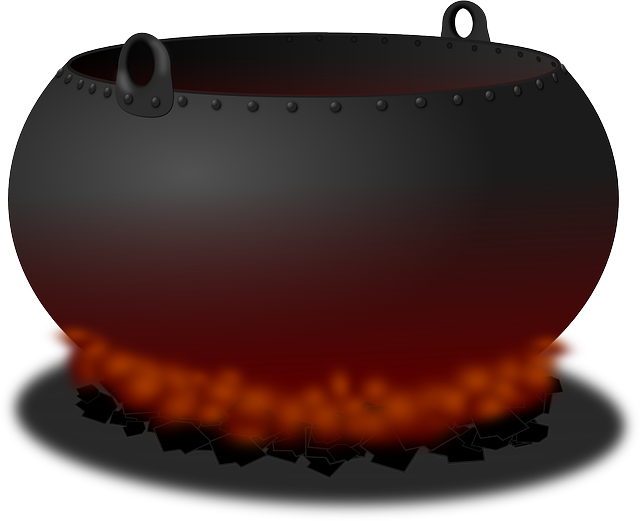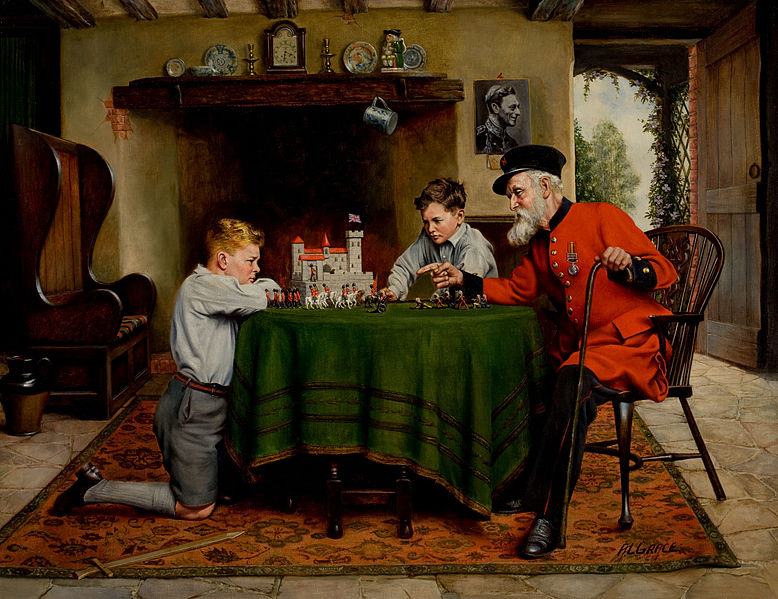“We Have Deviated From Core Values” – Deborah Denn
“I feel that this book summarizes my true opinions of what is wrong with America: how, through the years, we have deviated from core values and morals. I don’t like living in a world that I have to accept things I don’t agree with,and feel ridiculed when I speak up when I feel something is … Read more












